Understanding Conduit in Modern Infrastructure
Conduits play a pivotal role in protecting electrical wiring and cables in a variety of settings. These protective tubes are essential components in electrical systems, ensuring safety and functionality across numerous applications. The term conduit refers to a broad category of tubing designed to route and safeguard electrical wires from external influences and interference.
Types and Materials of Conduit
The diversity of conduit systems is reflected in the materials and types available. Common materials include galvanized steel, polyethylene (PE), and polypropylene (PP), each offering distinct advantages. Galvanized steel conduits, for instance, provide robust protection in industrial environments, while PE and PP conduits are favored for their flexibility and corrosion resistance, making them suitable for conduit water applications and underground paths.
Applications of Conduit
Conduits pipes are integral to both residential and commercial construction, safeguarding electrical wiring from environmental hazards and impact. In industrial settings, conduits protect against harsh conditions, while in residential areas, they maintain the integrity of electrical systems. Specialized communication conduit types are designed to protect fiber-optic and telecommunications cables, ensuring uninterrupted service and performance.
Features of Conduit Systems
The features of conduit systems are diverse, ranging from high durability to ease of installation. These systems can be customized to fit specific requirements, with options like socket fusion and butt fusion available for a seamless setup. The color coding of conduits, such as gray, silver, and yellow, aids in the identification of different services and purposes, such as service conduit for utilities.
Advantages of Using Conduit
Utilizing conduit for electrical and communication wiring offers numerous advantages. It enhances safety by reducing the risk of electrical fires and protects wires from damage due to environmental factors. Additionally, conduits facilitate future upgrades by providing a structured path for new wires and cables, which is particularly beneficial in dynamic environments where technology upgrades are frequent.
Choosing the Right Conduit
Selecting the appropriate conduiting solution requires consideration of factors such as the environment, the type of wiring, and the level of protection needed. Suppliers on Alibaba.com offer a comprehensive range of options to meet these diverse needs, ensuring that buyers can find the right fit for their specific application without the constraints of brand loyalty or promotional bias.
















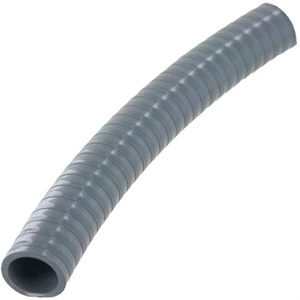


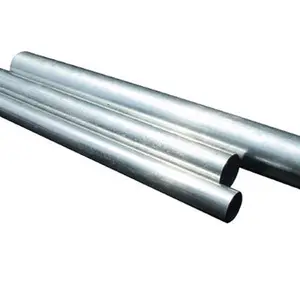


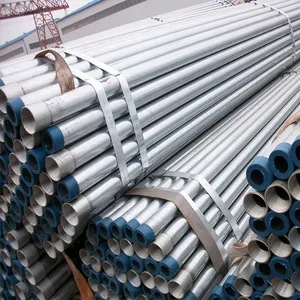




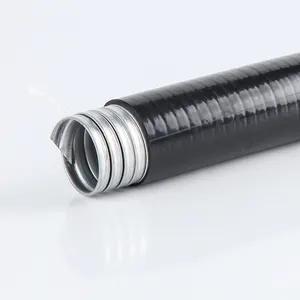

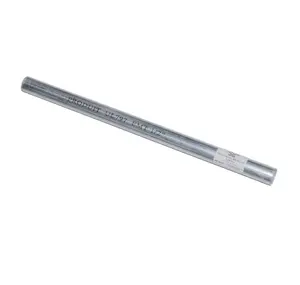


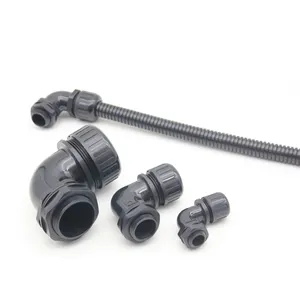

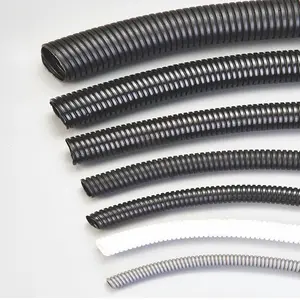

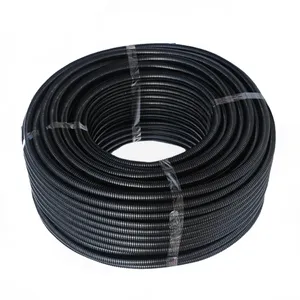






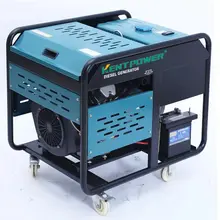


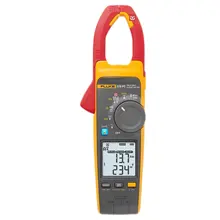
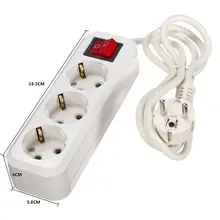
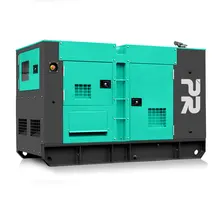























 浙公网安备 33010002000092号
浙公网安备 33010002000092号 浙B2-20120091-4
浙B2-20120091-4